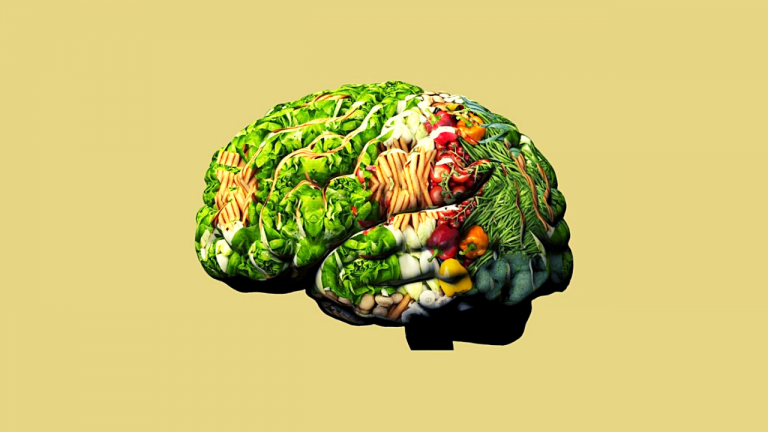Is Eating Dry Fruits Helpful in Weight Loss?

Eating dry fruits can be a part of a balanced diet for weight loss, but it’s important to consume them in moderation due to their high caloric density. Dry fruits are nutrient-dense and provide various essential nutrients, including dietary fiber, vitamins, minerals, and antioxidants. However, they also tend to be calorie-dense due to the removal of water content during the drying process.
Here are a few considerations regarding the role of dry fruits in weight loss:
Caloric density: Dry fruits are concentrated sources of calories compared to fresh fruits. As a result, it’s crucial to be mindful of portion sizes when consuming them. It’s easy to overeat dry fruits, leading to excess calorie intake, which can hinder weight loss efforts. Stick to small portions and avoid consuming them in unlimited quantities.
Fiber content: Dry fruits generally contain dietary fiber, which can contribute to feelings of fullness and aid in weight management. Fiber helps slow down digestion, promoting satiety and potentially reducing overall calorie intake. However, it’s important to balance fiber intake with adequate hydration to prevent digestive discomfort.
Nutrient content: Dry fruits contain a variety of beneficial nutrients, including vitamins, minerals, and antioxidants. These nutrients can support overall health and well-being during weight loss efforts. However, it’s important to remember that other whole foods, such as fresh fruits, vegetables, whole grains, and lean proteins, are also essential for a well-rounded and balanced diet.
Total diet and calorie balance: Ultimately, weight loss is achieved by maintaining a calorie deficit, which means consuming fewer calories than you expend. While dry fruits can be a nutritious part of your diet, it’s essential to consider your overall calorie intake from all sources. Balancing your dry fruit consumption with other nutrient-rich, lower-calorie foods can help ensure a well-rounded diet that supports weight loss.
Remember, individual calorie needs and dietary considerations may vary. It’s always a good idea to consult with a healthcare professional or a registered dietitian to get personalized advice on incorporating dry fruits into your weight loss plan, considering your specific dietary needs and goals.



